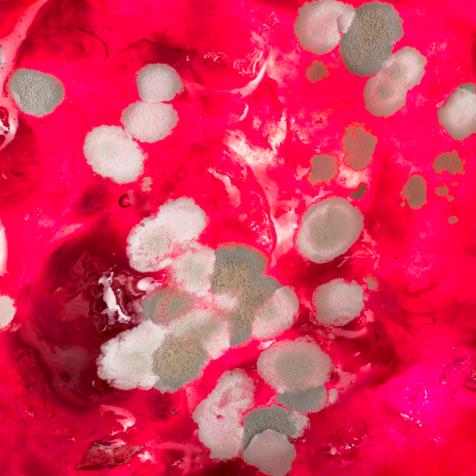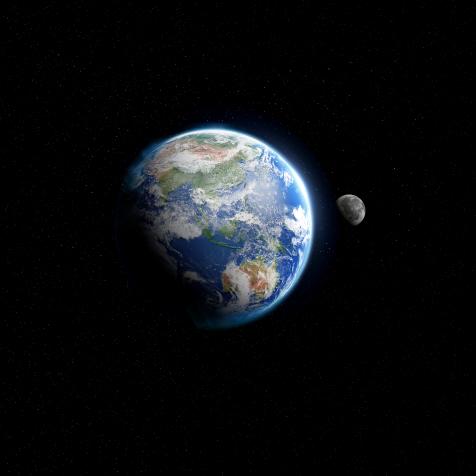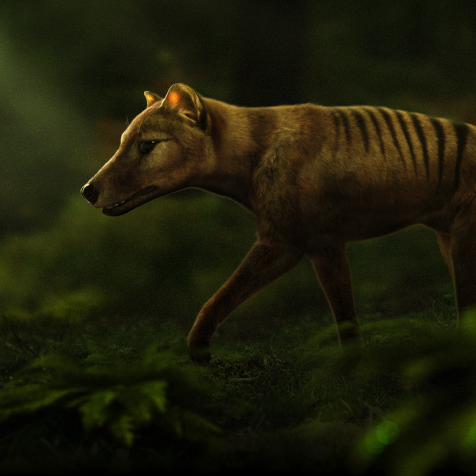
Dorling Kindersley
During a Plague, Newton Discovered Gravity

The world is currently locked in the grip of the deadly novel coronavirus. Around the globe, schools are closed, businesses are shuttered, and families are staying home as much as possible in order to curb the spread of the disease.
#SocialDistancing is the new norm, but it’s not the first time humanity has responded in this way to the threat of a nasty germ.
The Plague

Hulton Archive
The angel of death presides over London during the Great Plague of 1664-1666, holding an hourglass in one hand and a spear in the other. Published in 'The Intelligencer', 26th June 1665.
In 1666, a fresh round of plague swept through London, England. Yes, it was that plague, the Black Death, making its final major appearance on the world stage. In response to the crisis, London and its environments shut down--including the schools and even the University at Cambridge.
In that year, Isaac Newton had recently graduated. He had won a sort of scholarship that would have allowed him to stay at the university for three more years, but due to the shutdown, he went to hang out at his mom’s farm in Lincolnshire. There, free from distractions, he made some of his most powerful insights--like his thoughts regarding falling apples.
Discoveries During Shutdown

Photos.com
According to Newton himself, when he watched an apple fall from a tree, he got a spark of a thought. The apple was falling straight down, not sideways. That meant that whatever the Earth was doing to the apple (let’s go ahead and call it “gravity”), that attraction acted as if it was coming from the dead center of the planet.
Whatever this gravity was, Newton surmised, it might be a property of matter, not something special to the Earth alone. That meant that not only did the Earth have a force of gravity, but so did the apple. And maybe…everything did.
Then Newton Thought Even Bigger
For ages thinkers had thought that the gravity of the Earth was limited to nearby the surface. It made sense: rocks fall but clouds don’t. Newton, with his newfound insight about all things gravity, went all the way: what if the gravity of the Earth extended past the surface, past the clouds, and extended…forever?
It would be a couple more decades after that fateful day until he fully fleshed out his thinking, and what resulted was a true masterpiece: a book called Principia Mathematica (Latin for “Mathematical Principles”). In this book, Newton laid out his laws of motion and his theory of gravity, and was able to use these simple ideas to explain everything from the speed of the Moon in its orbit to the variation of the ocean tides.
It was a work of exceptional genius, without a doubt. Would Newton have ever concocted his theory of gravity without his time at his mom’s? It’s impossible to say; Newton was a smart cookie, for sure, but had a variety of far-flung interests (for example, he spent many years chasing counterfeit coin makers). He may never have had that certain special spark that led to his tremendous insights.
But history is history and what-ifs are what-ifs. The plague came to London in 1666, Cambridge closed, and Newton discovered gravity. I wonder what new insights will come from 2020?



















